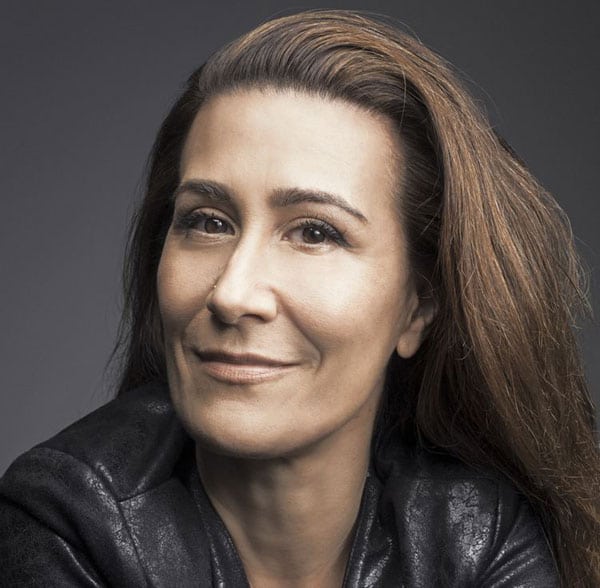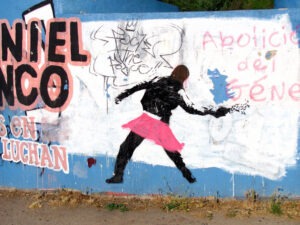
September 23, 2018; New York Times
The Metropolitan Opera is forging itself a new identity in the hopes of rebuilding its community presence and relationships. With a new music director and new programming, it is following the lead of other arts organizations that have reached out to new potential audiences.
The Met’s self-reinvention may be a response to public criticism that it hasn’t moved with the times, and to scandals that have plagued it in the last few years. The most recent, and most visible, problem was the departure of James Levine, who had been the music director for 40 years. Levine was credibly accused of sexual misconduct and fired, but he denied the allegations and sued the Met for $5 million. The Met handled the situation well, but Levine’s abrupt departure was a shock to the system. Before that, in 2016, the opera reported declining ticket sales, even though opera attendance rates among younger people were rising elsewhere in the country. The decline in revenue from tickets interacted unfortunately with a pension funding obligation that nearly equaled the box office revenue.
The Met is hoping to reinvigorate audiences this year with its new music director, Yannick Nézet-Séguin. Nézet-Séguin has previously directed orchestras in Philadelphia, Rotterdam, and Montréal. New York Times critic Anthony Tommasini said, “Yannick, when he was announced, it was very exciting in a way, because he’s very dynamic, young, [a] tremendous musician. But it was not until 2020. And then the sad development with James Levine, having been suspended for sexual misconduct and then fired, just sped everything up. So, somebody has to show up and take over.”
Nézet-Séguin said, “It’s an illusion to think that everyone will love [opera]. But it’s not an illusion to try to make everyone feel welcome to it.”
Sign up for our free newsletters
Subscribe to NPQ's newsletters to have our top stories delivered directly to your inbox.
By signing up, you agree to our privacy policy and terms of use, and to receive messages from NPQ and our partners.
His most dramatic move so far is to commission two operas by women, the first in the Met’s history. Missy Mazzoli will write an opera based on George Saunders’s novel Lincoln in the Bardo, and Jeanine Tesori (Caroline or Change) has written Grounded, based on the George Brant play about “a fighter pilot sidelined by pregnancy who goes into drone warfare.”
“In addition…the Met Orchestra would perform a Mazzoli chamber opera at the Brooklyn Academy of Music with Mr. Nézet-Séguin conducting,” said the New York Times’ Michael Cooper. Since its inception in 1966, the Met has performed only two operas by women, both written elsewhere.
Additionally, the Met is mounting collaborations with the Philadelphia Harmonic Orchestra and plans to stage several contemporary operas, and has reached a new labor agreement so it can stage Sunday matinées. Other innovations previously implemented by Nézet-Séguin, which we may see at the Met, include “transmissions of operas to cinemas, family presentations during the winter holidays, and a variety of discounted ticket programs.”
Other arts organizations are finding their own ways to reach out to audiences that have said they view the fine arts as elitist and remote; as NPQ reported in June, Opera Philadelphia recently staged a free, blended-genre musical event that addressed topics of social justice. In New Orleans, a museum created a mobile, pop-up mini museum that travels to different neighborhoods.
Will the Met’s new director (who is, it must be said, another white man at the head of a major cultural nonprofit) be able to bring back the crowds? Only time will tell.—Erin Rubin













